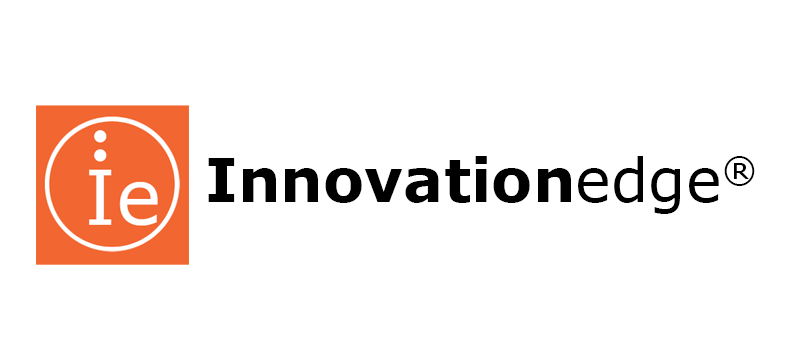End of The Year Message
2019 promises to be full of new opportunities to learn from one another and the one thing that is constant will be change! In 2018 we saw changes such as: More and more CPG companies turning to e-commerce for growth and direct-to-consumer connection — the convergence of online with brick-and-mortar, emphasis on the end-to-end consumer…

